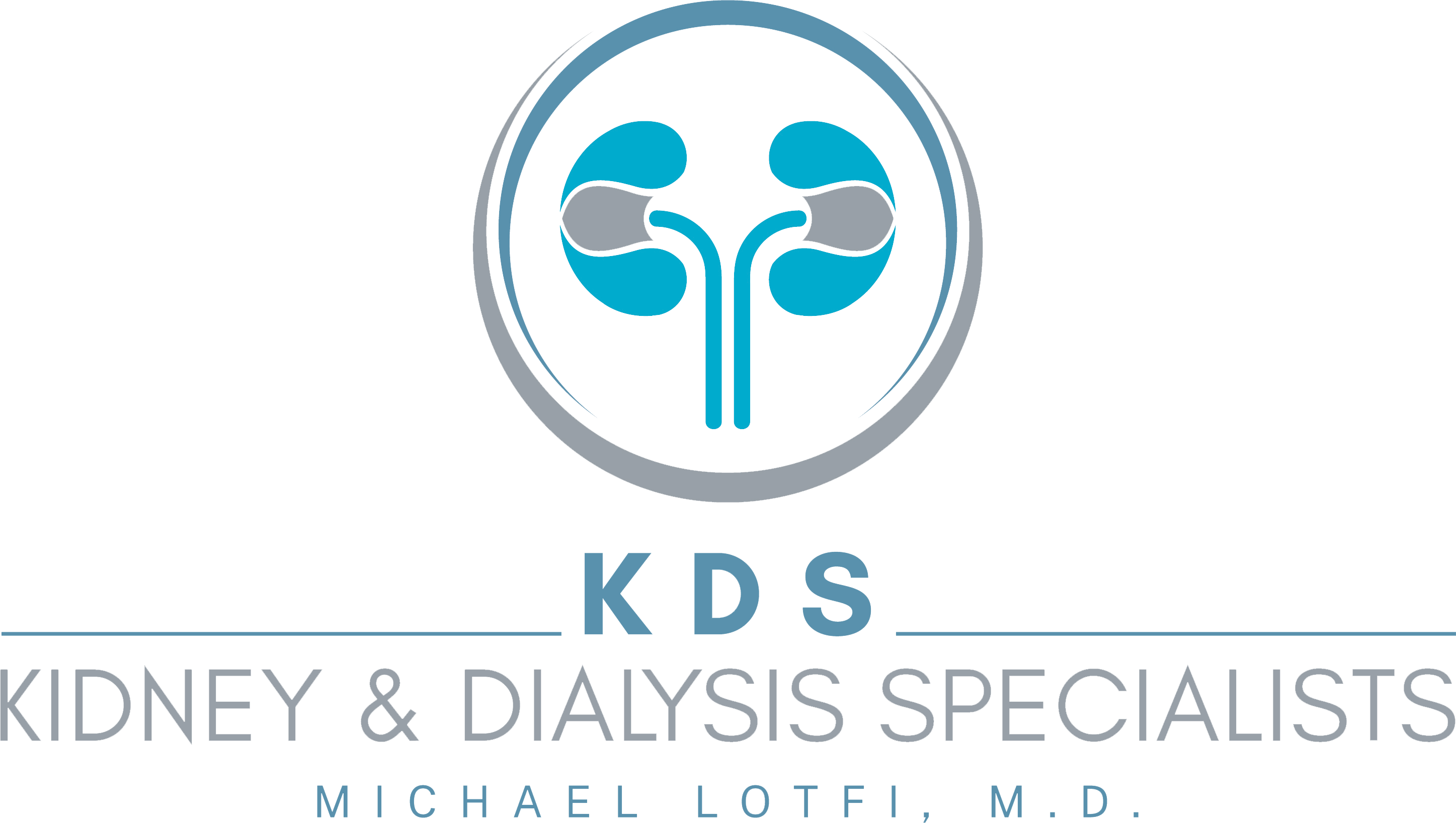Kidney transplant is often the treatment of choice for patients with kidney failure as opposed to a lifetime of being on dialysis. The benefits of the transplant verses dialysis are as follows: A better quality of life, lower risk of death, fewer dietary restrictions, lower treatment costs. It is important to understand that kidney transplantation can treat advanced kidney disease, but it is not a cure. Even with the transplanted kidney the disease can return.
Only one kidney is required to replace two failed kidneys, making a living donor transplantation a viable option. Kidney transplant may not be an option for patients that are smokers, alcoholics, or narcotic drug users, patients with heart disease, liver disorders, tuberculosis, obesity, cancers, advanced age, and dementia.
Without a compatible living donor your name will be place on a kidney transplant waiting list to receive a kidney from a deceased donor. There are a few factors that determine the length of time that you will be on the wait list. Compatibility between the patient and the donor, the length of time the patient spent on dialysis and on the wait list, expected survival post-transplant. It may take months or years to get a suitable donor.
There are complications and risks that your nephrologist will monitor and treat you for post-transplant.

© 2023 Michaellotfimd All Rights Reserved Privacy Policy Sitemap
This site is protected by reCAPTCHA and the Google.
Privacy Policy and Terms of Service apply.
This site is protected by reCAPTCHA and the Google.
Privacy Policy and Terms of Service apply.
©2023 All Rights Reserved michaellotfimd Designed by DotClick